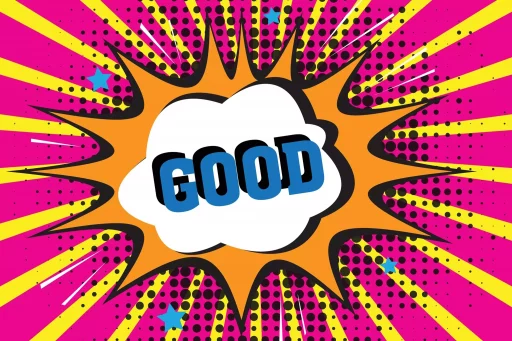Introduction to Kek
The term “Kek” is an intriguing part of internet culture, originating from the realms of video gaming and expanding its reach through meme culture and political discourse. With its roots tracing back to the online game World of Warcraft, the term has evolved in unexpected ways, becoming a symbol of chaos and humor on the internet. This article delves into the definition, context, and significance of “Kek,” as well as its place on Urban Dictionary.
What is Kek?
At its most basic level, “Kek” is the equivalent of “LOL” in the World of Warcraft game. When players typed “LOL,” it would come out as “Kek” to members of the opposing faction due to the game’s chat system. This quirky transformation laid the foundation for the word’s further adoption and transformation in the digital age.
Kek in Meme Culture
Over time, “Kek” transcended its gaming origins and found a prominent place in meme culture. It became associated with chaotic, often absurd humor, frequently appearing in various memes, particularly those shared in forums like 4chan and Reddit. The term has been disseminated alongside images of popular internet characters such as Pepe the Frog, creating a bond between visual culture and language. Here are a few notable examples:
- The “Kekistan” flag: A parody national flag created by internet users to represent the fictional nation of Kekistan, embodying the spirit of meme culture.
- Pepe the Frog: Often used alongside the term “kek” to represent laughter and chaos, reinforcing the idea of absurd humor prevalent in online communities.
- “Kekistanis”: A term used for meme enthusiasts who embrace the humor and chaos associated with Kek.
The Political Dimension of Kek
As internet culture intertwined with political discourse, the term “Kek” gained new dimensions. During the 2016 US presidential election, supporters of Donald Trump—often referred to as the “Alt-right”—adopted Kek as a symbol of their movement. They associated it with the deity “Kek,” who they portrayed as a frog god of chaos and laughter, echoing a rebellion against mainstream political correctness.
The influence of Kek was not limited to casual meme-making; it became a rallying point for online communities engaging with political issues. This phenomenon raised questions regarding the impact of humor on political ideologies and public discourse.
Case Studies: Kek’s Influence
In analyzing the impact of “Kek” on society, several case studies showcase its broad implications:
The Meme War
The term “Kek” was pivotal in what became known as the “Meme War,” where meme creators battled for ideological dominance online. Key events included:
- The proliferation of Pepe the Frog memes, often variously appropriated for political commentary.
- The emergence of memes that mocked opponents, underscoring the role of humor in shaping political narratives.
- Coordination among online users to create and spread memes that resonated with specific demographics.
Social Media Platforms
Social media platforms have further amplified the reach of Kek. For instance, a study published in the Journal of Internet Politics found that memes incorporating Kek were shared extensively during the 2016 US elections, resulting in:
- A 10% increase in engagement on Twitter associated with political tweets featuring “Kek.”
- Sustained discussions around memes and their meanings outside their humorous facade.
The Rise of Urban Dictionary
Urban Dictionary, a crowdsourced online dictionary, has become a repository for contemporary slang and phrases, including “Kek.” Its entry includes not only the definition but also the cultural implications. Users are encouraged to submit definitions, which can lead to a wide variety of interpretations:
- Some definitions focus on the humorous aspects of Kek.
- Others delve into the political ramifications of its usage within specific ideological circles.
Final Thoughts
In conclusion, “Kek” serves as a prime example of how internet culture can evolve and impact broader societal conversations. From its gaming origins to its entanglement in political discourse and meme culture, it has transformed into a multifaceted symbol. The nuances surrounding the term highlight the importance of context in understanding digital communication, as well as the potential positive and negative consequences that can arise when humor intersects with serious subjects.
As the internet continues to evolve, so will terms like “Kek”. Keeping an eye on their trajectories can provide insight into emerging trends in humor, culture, and political discourse online.


